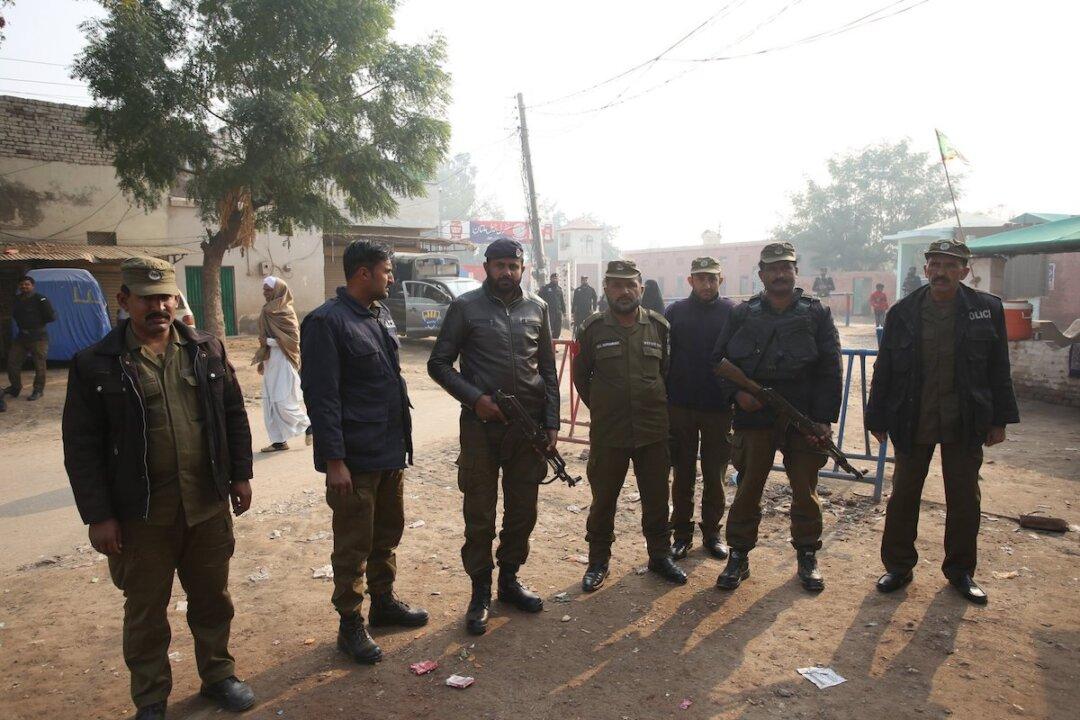U.N. experts have urged Pakistan’s high court to clear and overturn the death sentence of a Muslim professor who was convicted of blasphemy charges by an anti-terrorism court on Dec. 21.
Independent experts, including U.N. investigators on freedom of religion, unlawful killings and arbitrary detention, described Junaid Hafeez’s condemnation by a lower court last week as a “travesty of justice” and said senior judges should acquit the former university lecturer on appeal.





